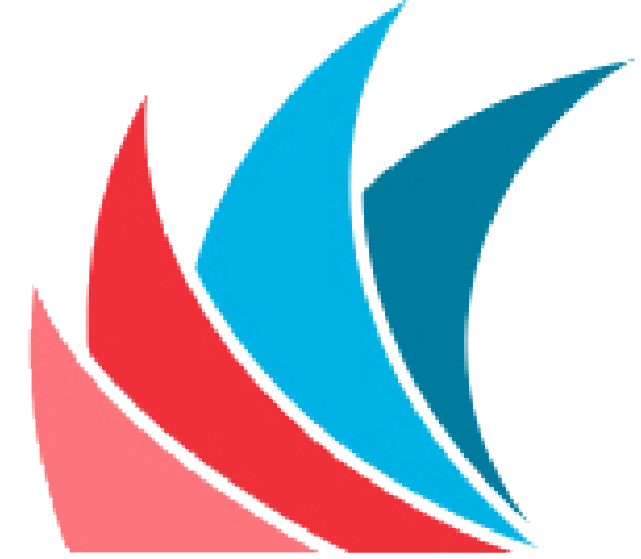
- Faculty:
- Graham Thatcher | Brian T. Guthrie, Esq. | Anna Marie Thatcher | Alicia Garcia, Esq. | John M. Stuart, Esq. | Barry R. Vickrey, Esq.
- Duration:
- 2:19
- Format:
- Audio and Video
- Short Description:
- In 1535 one lawyer chose personal conscience over public loyalty and so threatened those in power that they killed him! Some have called Sir Thomas More the first "modern man." He was certainly the quintessential Renaissance man ... lawyer, statesman, philosopher, linguist, raconteur, Chancellor of England ... and author of one of the great books of western civilization, Utopia. Despite all of that, Sir Thomas More was beheaded by King Henry VIII in 1535 for high treason.

- Faculty:
- Philip Bogdanoff, Esq.
- Duration:
- 1:02
- Format:
- Audio and Video
- Short Description:
- As the "Me Too" movement shines a light on sexual misconduct and sexually inappropriate actions, it's time for lawyers of both genders to examine the effects of this kind of conduct in the legal community. When speaking on this issue, presenter Philip Bogdanoff has found that sexual misconduct and bias is a recurrent issue in our judicial system and that many attorneys are hesitant to report this misconduct. In this presentation Bogdanoff will review disciplinary cases involving inappropriate sexual conduct by judges, prosecutors, and attorneys. This interactive presentation even gives you the chance to pit your opinions about the violations against the actual rulings by the Ethics review boards in each case.

- Faculty:
- Danielle DavisRoe
- Duration:
- 1 Hour 2 Minutes
- Format:
- Audio and Video
- Short Description:
- Office 365 is now and the future! It provides our wonderful and latest Office tools like Word, Excel, Outlook at a reasonable cost and convenience, but it also provides amazing collaboration and time management tools. In this session, our experts to demonstrate how to collaborate using the tools that are baked in and part of this subscription ... tools that most lawyers overlook. Learn also how to...

- Faculty:
- Barron Henley, Esq.
- Duration:
- 1:00
- Format:
- Audio and Video
- Short Description:
- You no longer have to purchase software and servers for your office. Today, you can rent software or server access via the Internet and thereby avoid any up-front costs. This process is often referred to as "moving to the cloud." Of course, your client data would also be stored on the rented or hosted servers. In this seminar, we'll explain the associated pros, cons, risks...

- Faculty:
- Mickey Valdez, CA
- Duration:
- 1 Hour 2 Minutes
- Format:
- Audio and Video
- Short Description:
- Sexual assault cases can be some of the most difficult to prosecute. Even when the evidence is there, juries often make decisions based on stereotypes and implicit biases that have plagued our society for decades. This training focuses on Start by Believing, a public awareness campaign started by EVAWI, designed to improve the public response to sexual assault. The goal is to ...

- Faculty:
- Roy Ginsburg
- Duration:
- 0:59
- Format:
- Audio and Video
- Short Description:
- The practice of law is based on relationships – with clients, potential clients and referral sources. Personal networking is the best way to create and sustain those relationships. Unfortunately, many lawyers will do anything to avoid networking. The key to successful networking is to find the networking method that matches your personality – the one that makes you feel the most...

- Faculty:
- Graham Thatcher | Anna Marie Thatcher | Charles Abourezk, Esq. | Alicia Garcia, Esq. | Brian T. Guthrie, Esq. | John M. Stuart, Esq. | Barry R. Vickrey, Esq.
- Duration:
- 1 Hour 5 Minutes
- Format:
- Audio and Video
- Short Description:
- A master of the courtroom stage who possessed an uncanny understanding of human character, Clarence Darrow was arguably the greatest trial lawyer of the twentieth century. An adamant opponent of capital punishment and a passionate proponent of civil and human rights, he was often called the "Attorney for the Damned" because he fought for the underdog and took on criminal cases thought to be hopeless. Yet, while commanding respect as a trial lawyer, Darrow was often embroiled in bitter controversy for his unpopular stands on many issues and criticized for his purported unethical professional behavior.

- Faculty:
- Philip Bogdanoff, Esq.
- Duration:
- 1 Hour 3 Minutes
- Format:
- Audio and Video
- Short Description:
- Rule 8.3 of the Model Rules of Professional Conduct indicates that “a lawyer who knows that that a judge has committed a violation of applicable rules of judicial conduct that raises a substantial question as to the judge's fitness for office shall inform the appropriate authority.” Rule 8.4 of the Model Rules of Professional Conduct explains that it is professional misconduct for

- Faculty:
- Irwin Karp, Esq.
- Duration:
- 1:00
- Format:
- Audio and Video
- Short Description:
- Procrastination creates undue stress. Delaying work can be a form of self-sabotage, affect productivity and result in errors. This session will focus on helping lawyers to complete work with more control and less crisis management. Attendees will learn: how to recognize your individual style of procrastination and overcome it; how to break down legal work into component parts so...

- Faculty:
- Katy Goshtasbi, Esq. | Janice Walshok
- Duration:
- 1:00
- Format:
- Audio and Video
- Short Description:
- Everyone has biases. It’s natural. While me might recognize our own explicit biases, the unconscious nature of implicit bias makes them easier to ignore. Unfortunately, ignoring our implicit biases impacts not only our practice success, but our entire life and reputation. When we are able to recognize our own biases, and those of others, we can be in control of changing systematic biases within our workplace and society...
Please wait ...

